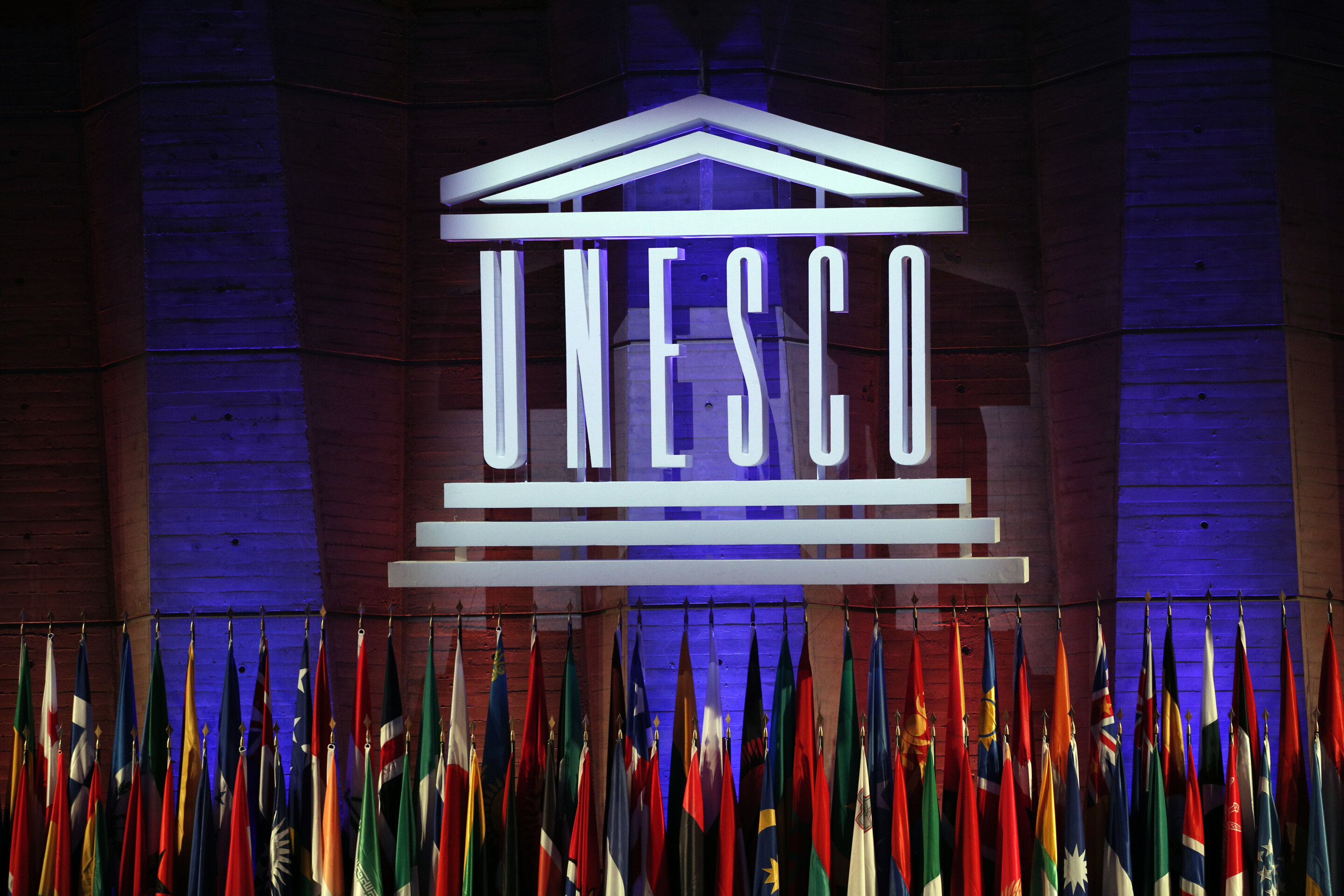Moral Judgments About an Activity's COVID-19 Risk Can Lead People Astray
People use values and beliefs as a shortcut to determine how risky an activity is during the pandemic. Those biases can lead people astray.
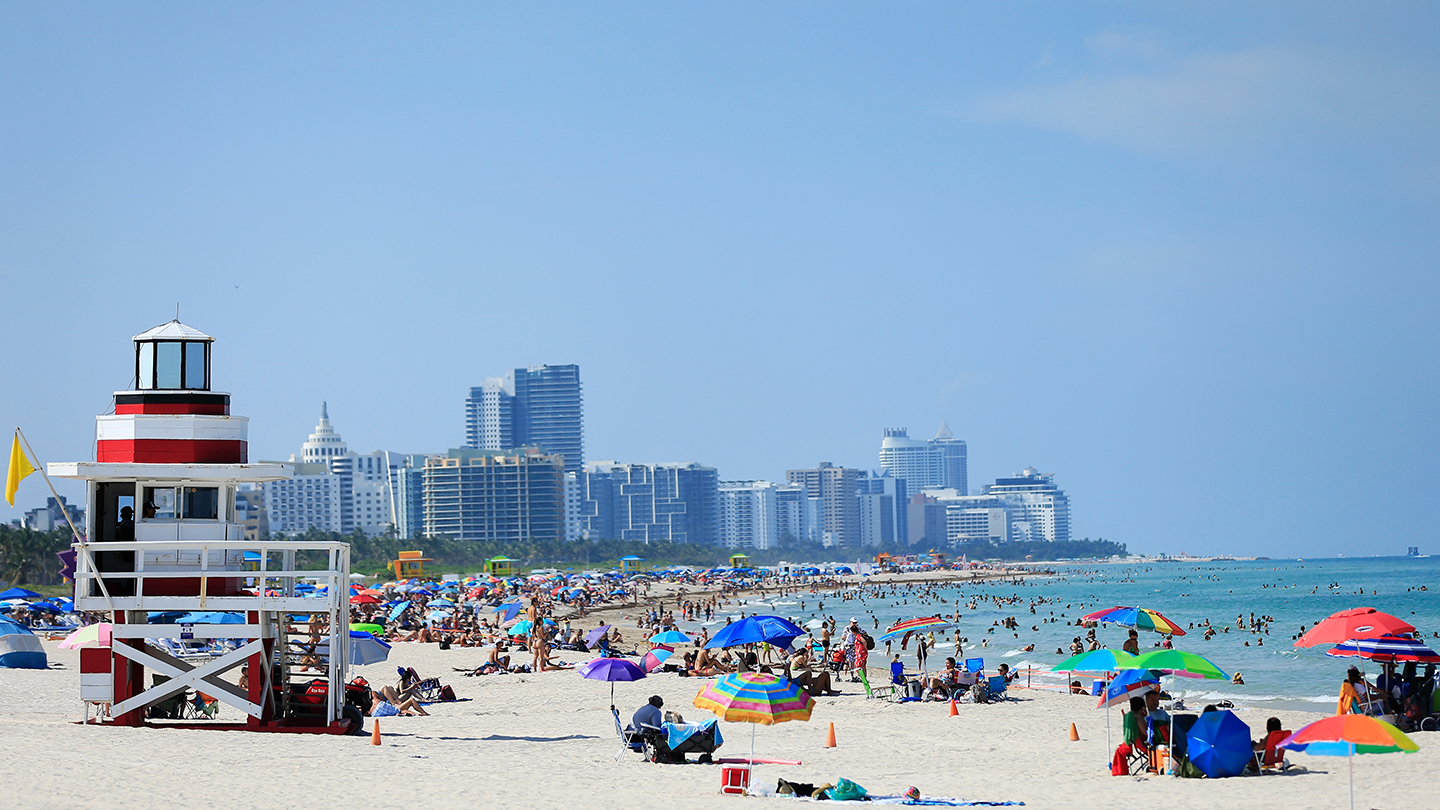
Send us a link
People use values and beliefs as a shortcut to determine how risky an activity is during the pandemic. Those biases can lead people astray.

The University of Oxford said on Wednesday it was testing anti-parasitic drug ivermectin as a possible treatment for COVID-19, as part of a British government-backed study that aims to aid recoveries in non-hospital settings.
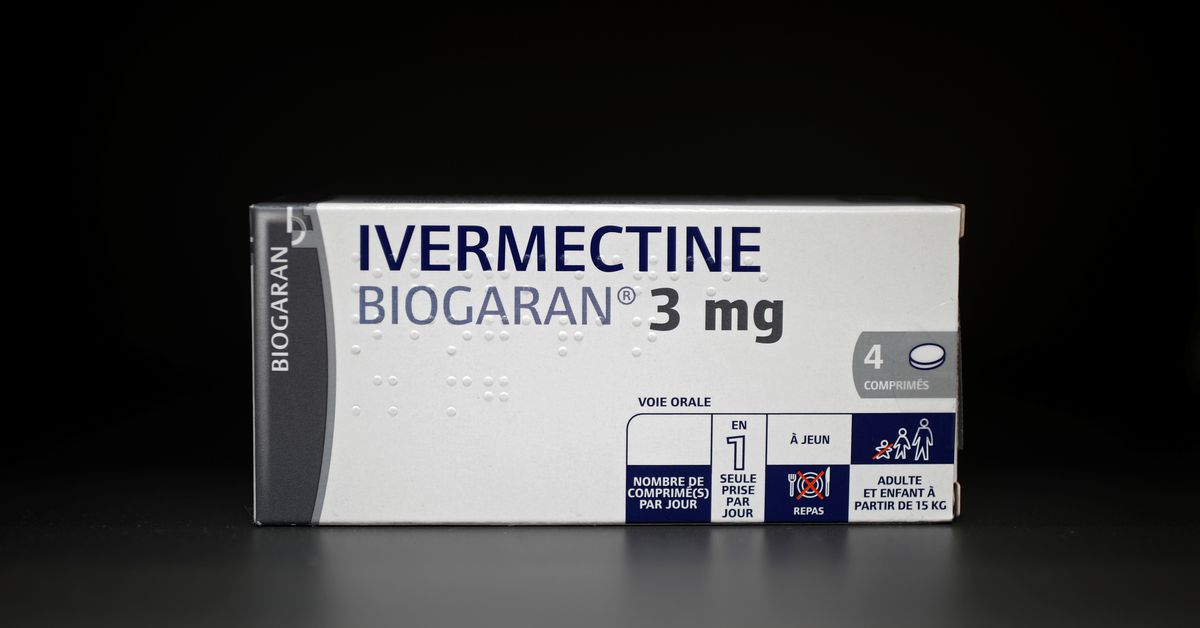
More than 90 countries are using Covid shots from China. Experts say recent infections in those places should serve as a cautionary tale in the global effort to fight the disease.
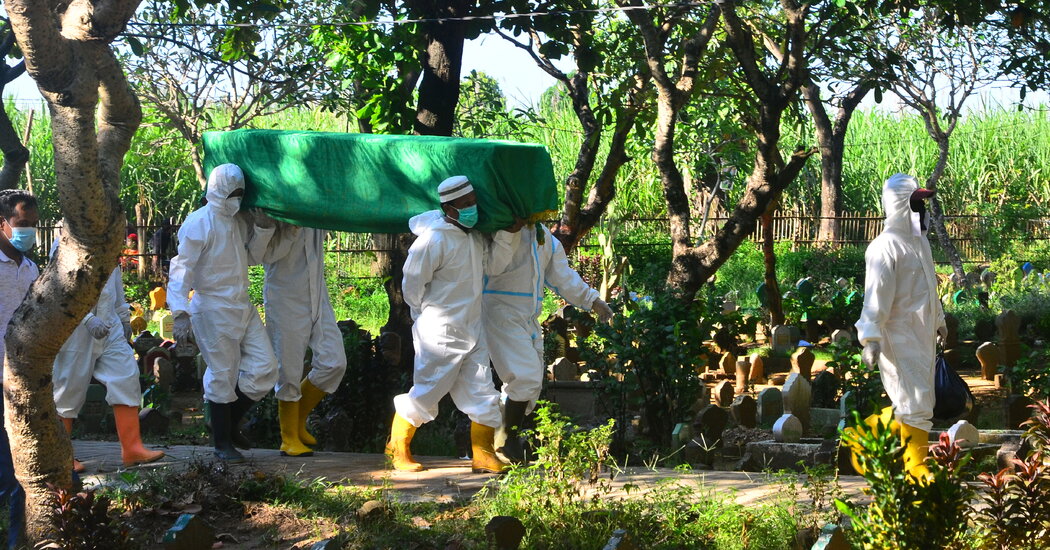
While men over 50 tend to suffer the most acute symptoms of coronavirus, women who get long Covid outnumber men by as much as four to one

International financial institutions say that vaccines are the highest-return investment on Earth - it is past time for them to pay up.
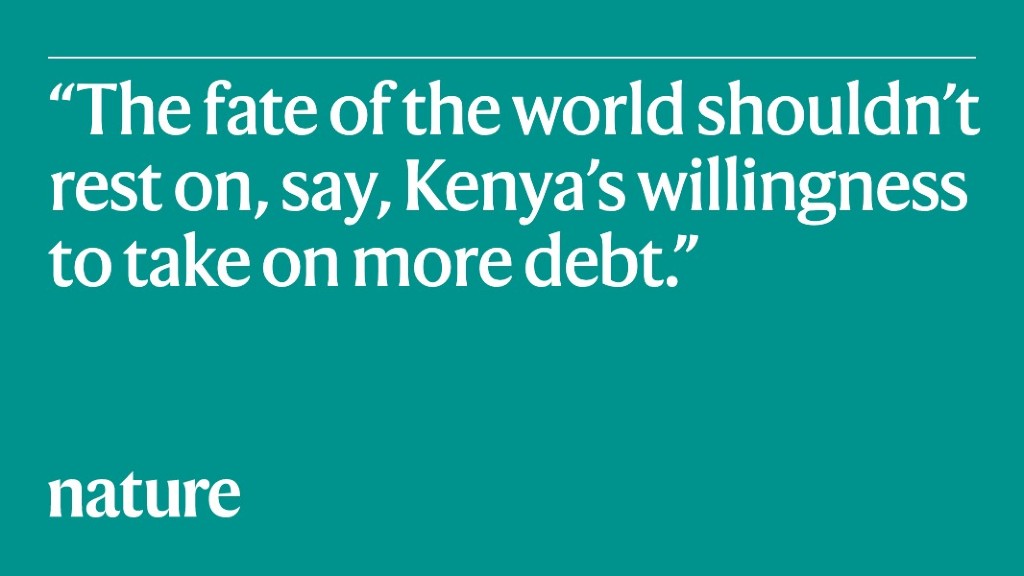
Scientists in Germany believe they may have worked out a way to prevent vector-based vaccines from causing rare blood clots.
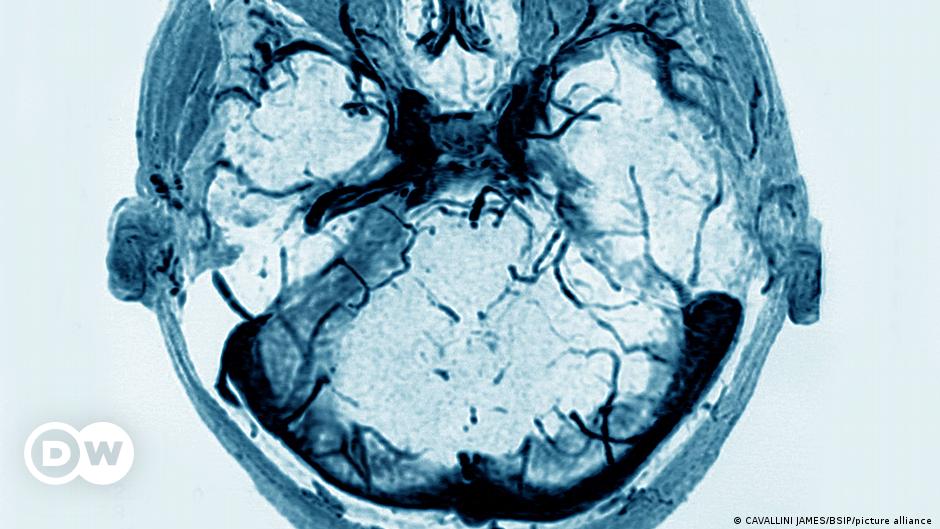
Research found marked differences in immune response of medical staff six months after contracting virus.

The pandemic and political tensions might slow the march towards more globalized science.
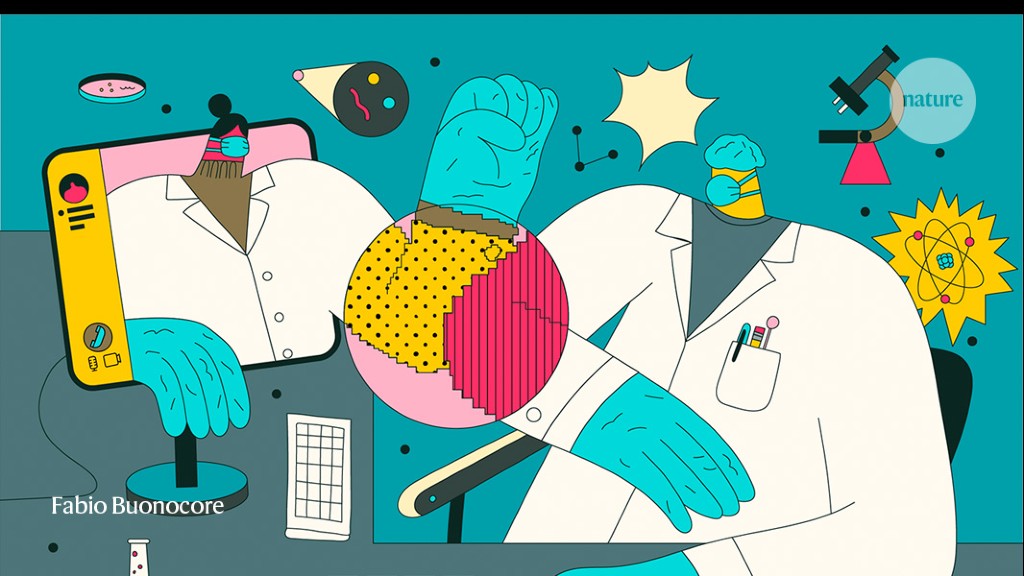
College students aren't guinea pigs.
Scientists are studying mix-and-matching vaccines for Covid-19 and other diseases.
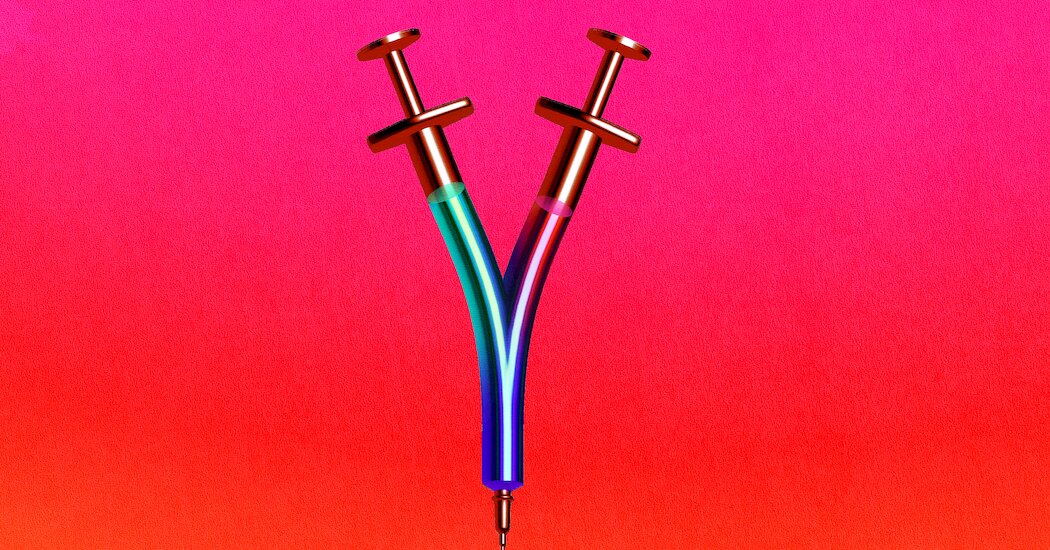
Mass vaccination drives in several countries are providing new data on the extent to which adult vaccination protects children - but the conclusions are mixed.
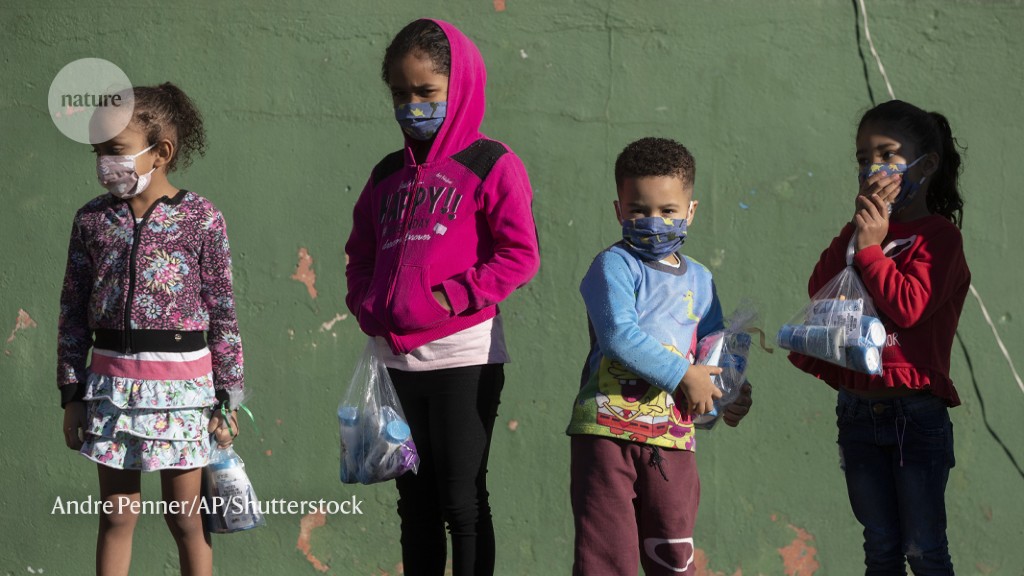
Nature examines arguments that the coronavirus SARS-CoV-2 escaped from a lab in China, and the science behind them.
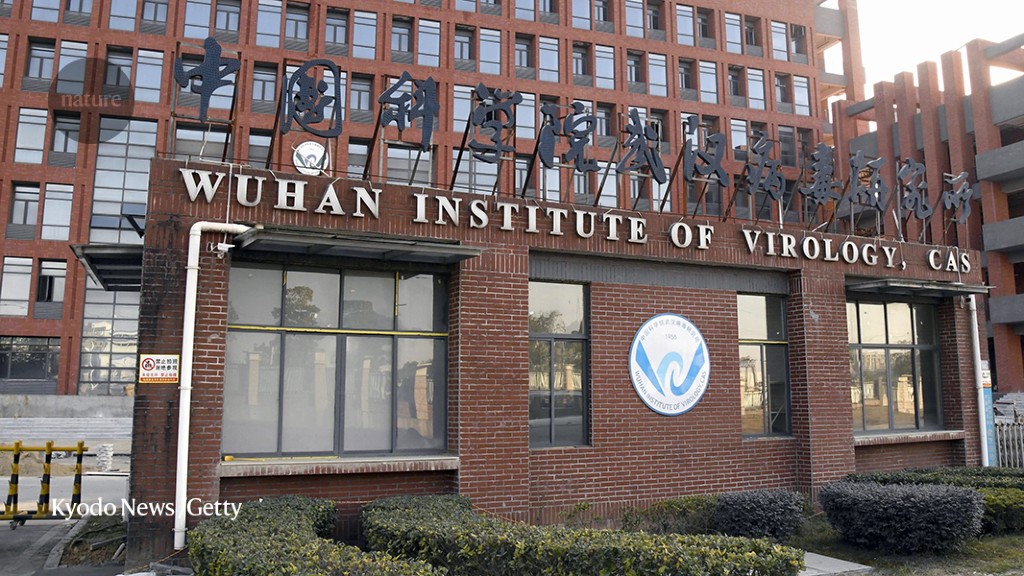
In the wake of COVID, a pandemic treaty could be a way to agree on data access before the next emergency strikes.
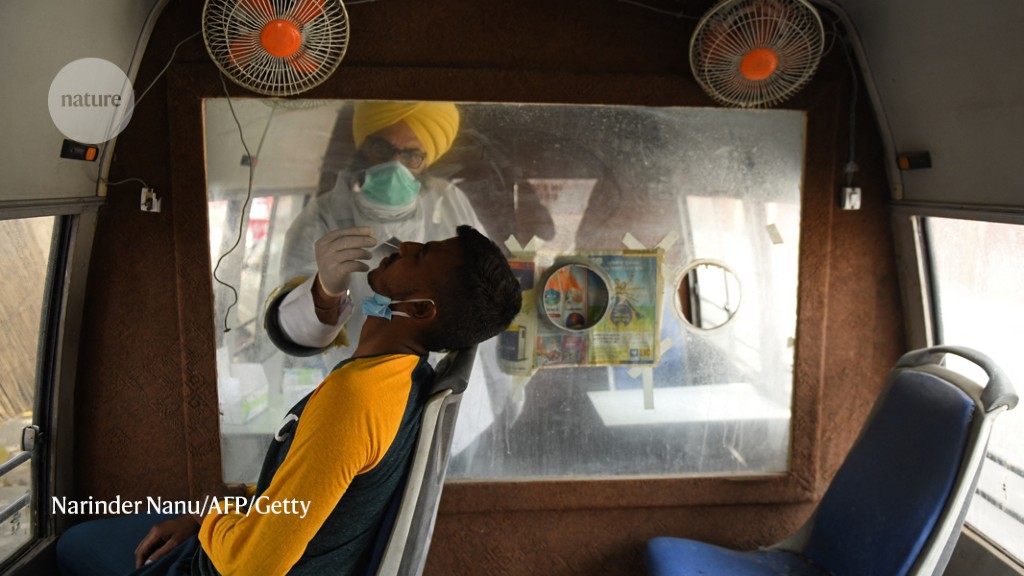
From Alpha to Omega, the labelling system aims to avoid confusion and stigmatization.
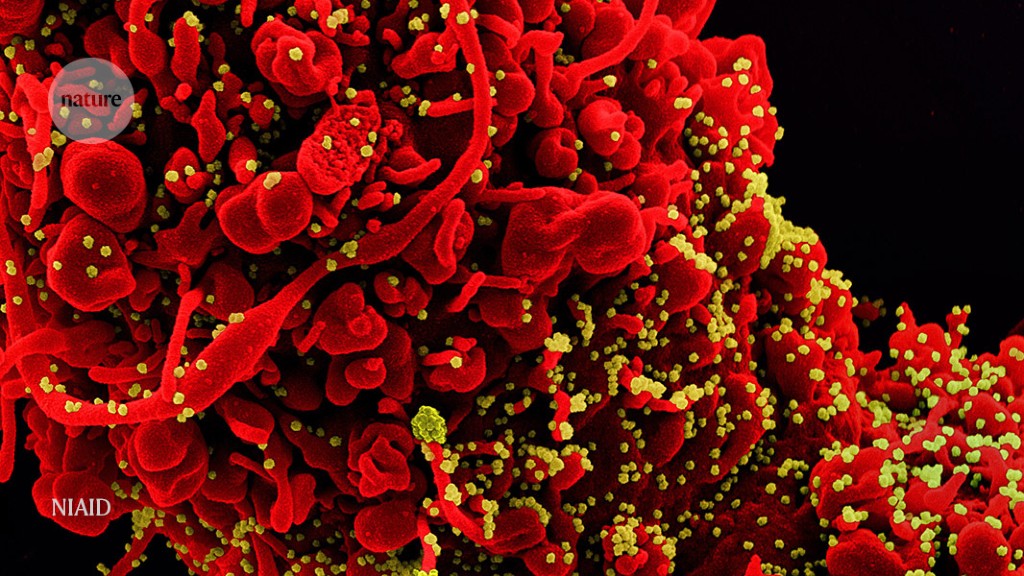
We ask prominent scholars to select a visual artifact of this time that will help future researchers understand the Covid-19 crisis.
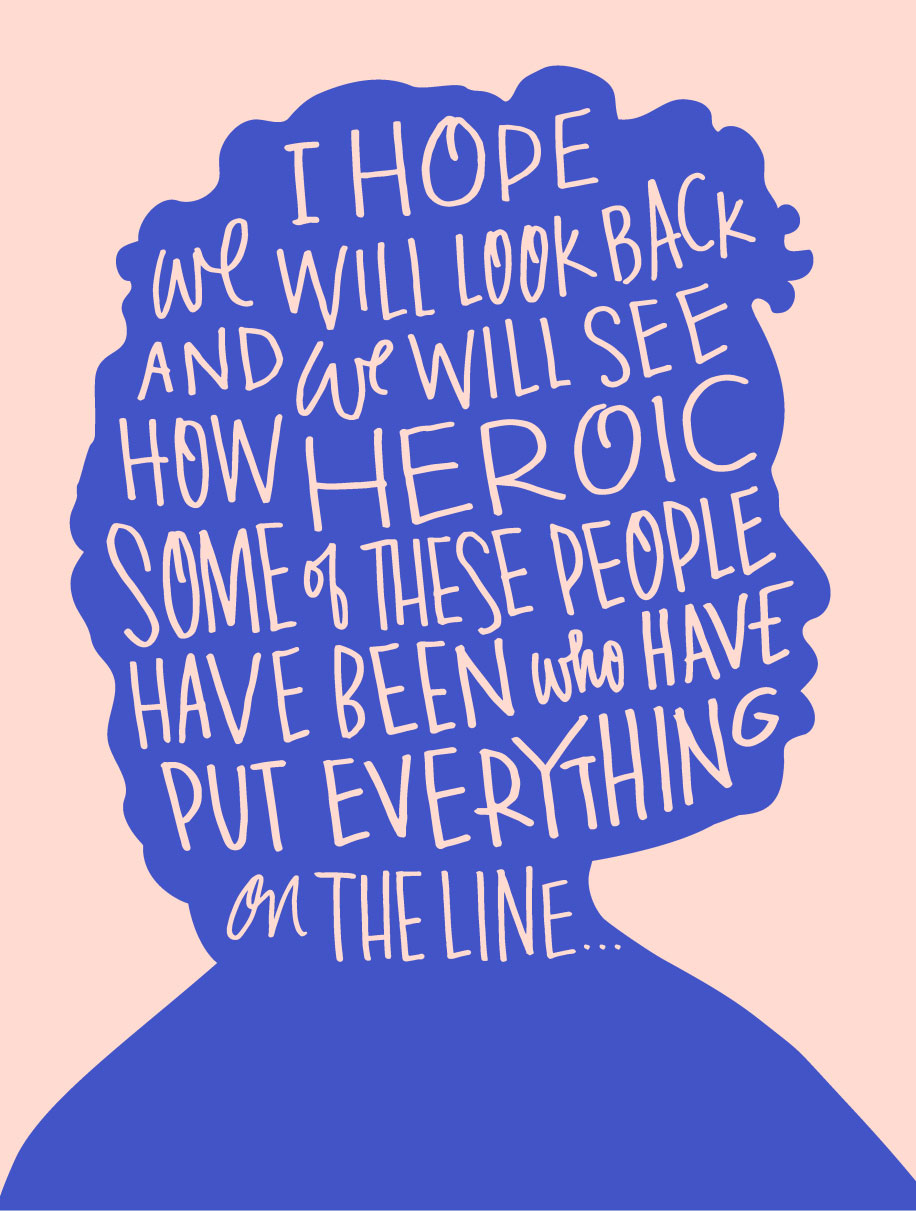
Rates of mucormycosis were high even before the pandemic, and now the country is running out of antifungal drugs, say global expert Prof Arunaloke Chakrabarti and infectious diseases doctor Ilan Schwartz
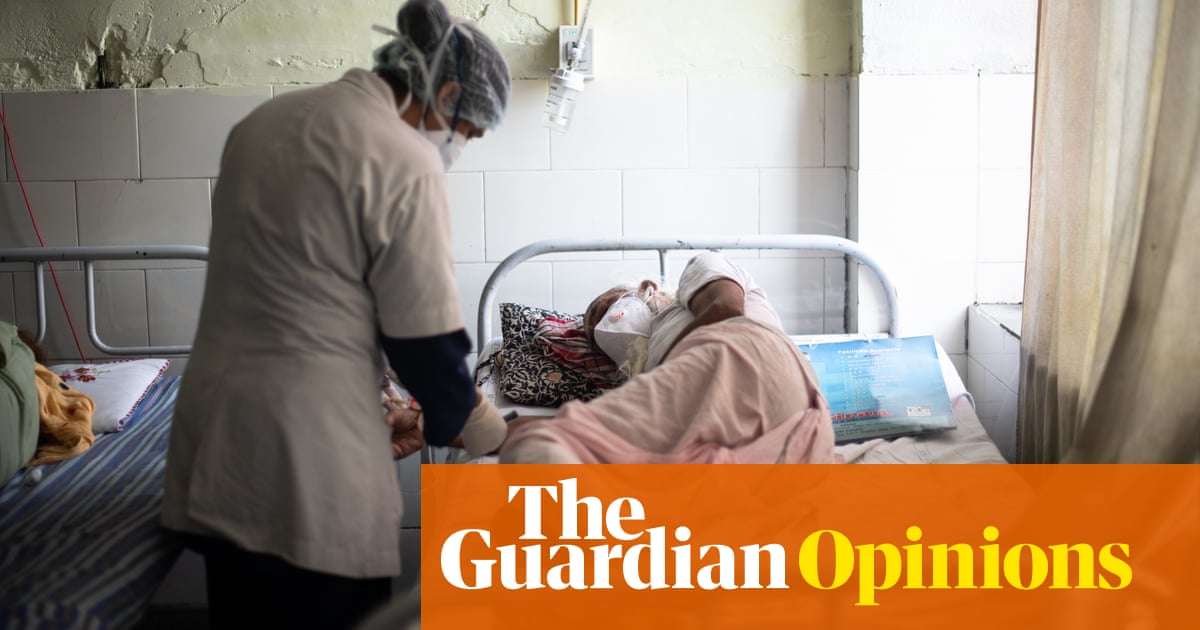
It could take years to reveal the true impact of closed borders, cancelled travel plans and vaccine delays.
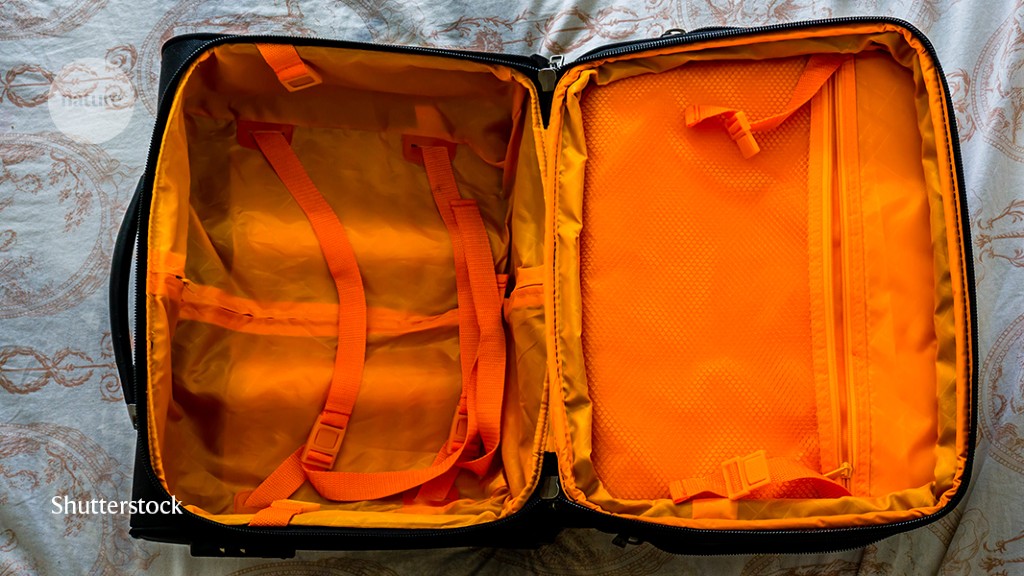
French trial shows dogs were able to detect presence of coronavirus with 97% accuracy
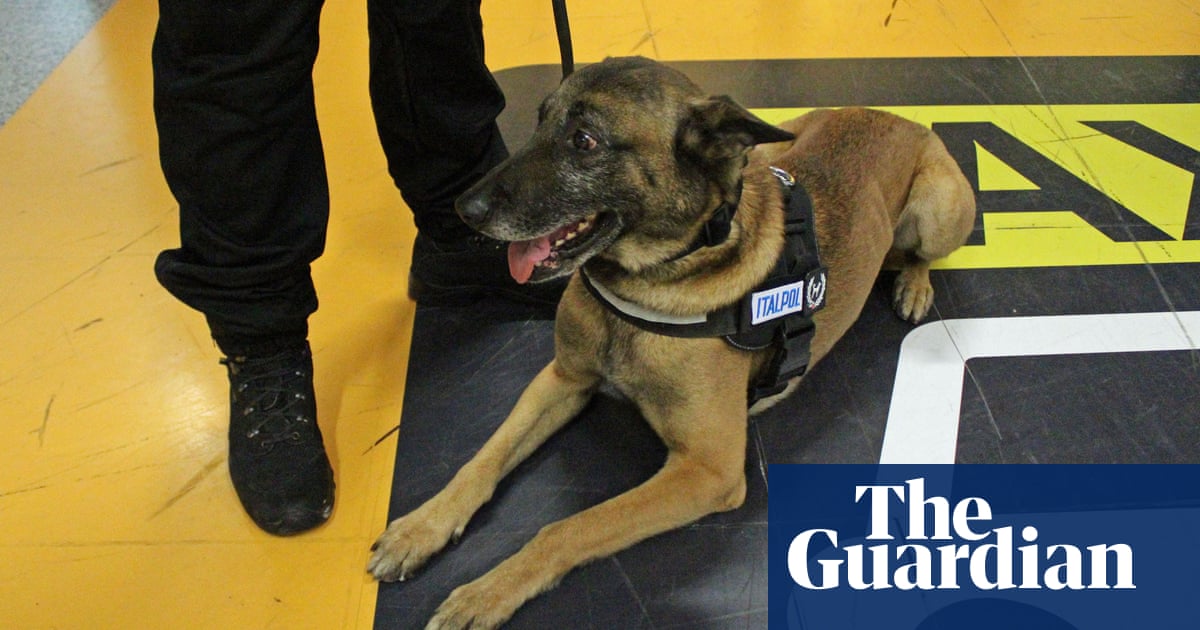
Airborne transmission by droplets and aerosols is important for the spread of viruses. Face masks are a well-established preventive measure, but their effectiveness for mitigating SARS-CoV-2 transmission is still under debate. We show that variations in mask efficacy can be explained by different regimes of virus abundance and related to population-average infection probability and reproduction number. For SARS-CoV-2, the viral load of infectious individuals can vary by orders of magnitude. We find that most environments and contacts are under conditions of low virus abundance (virus-limited) where surgical masks are effective at preventing virus spread. More advanced masks and other protective equipment are required in potentially virus-rich indoor environments including medical centers and hospitals. Masks are particularly effective in combination with other preventive measures like ventilation and distancing.
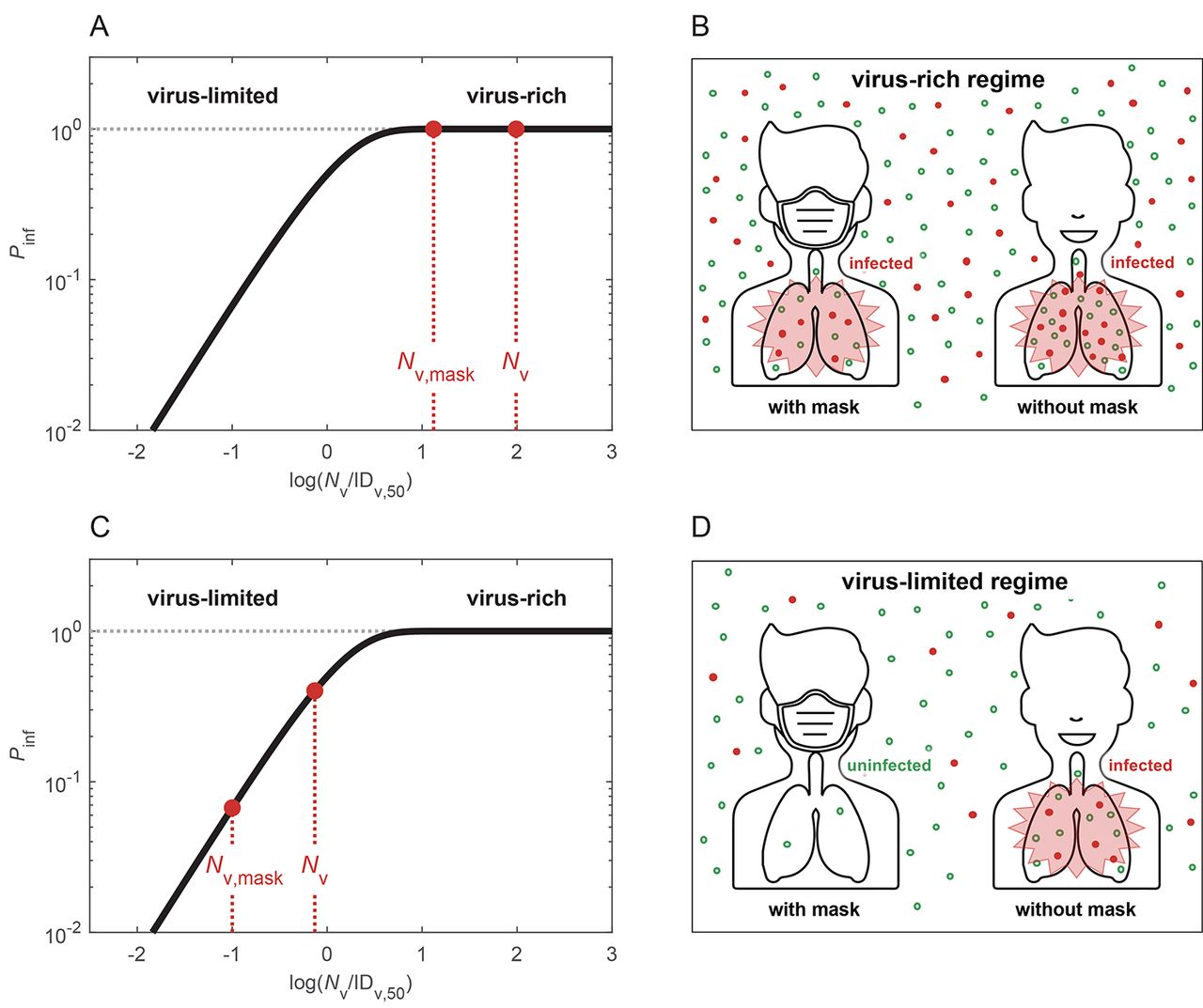
Starting a research group as the COVID-19 pandemic took hold across the world presented extra challenges.
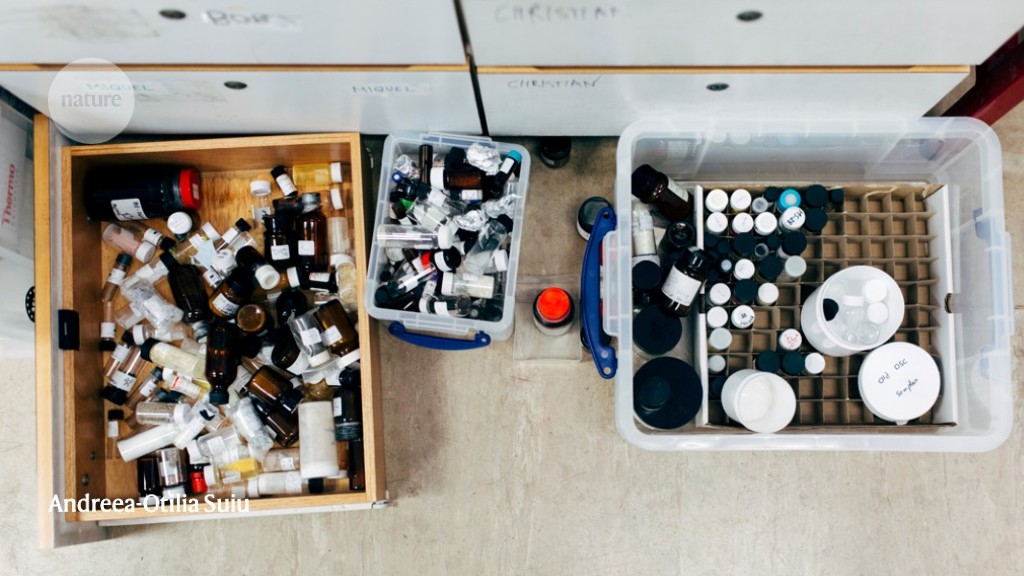
Former top World Bank economist Branko Milanović is afraid that the coronavirus pandemic has deepened the wealth divide. Those who have profited most from the crisis, he fears, have broken their pledge to help countries in need.
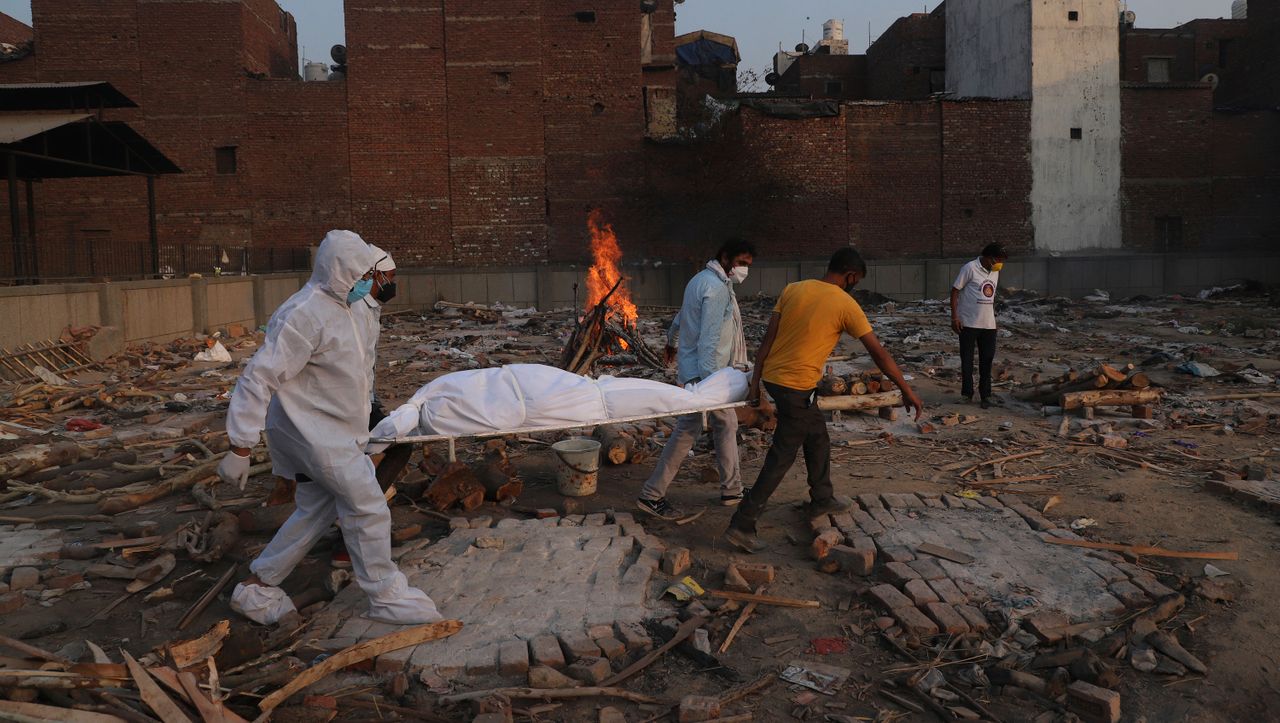
In the United States, the analysis estimates, 905,000 people have died of Covid since the start of the pandemic.
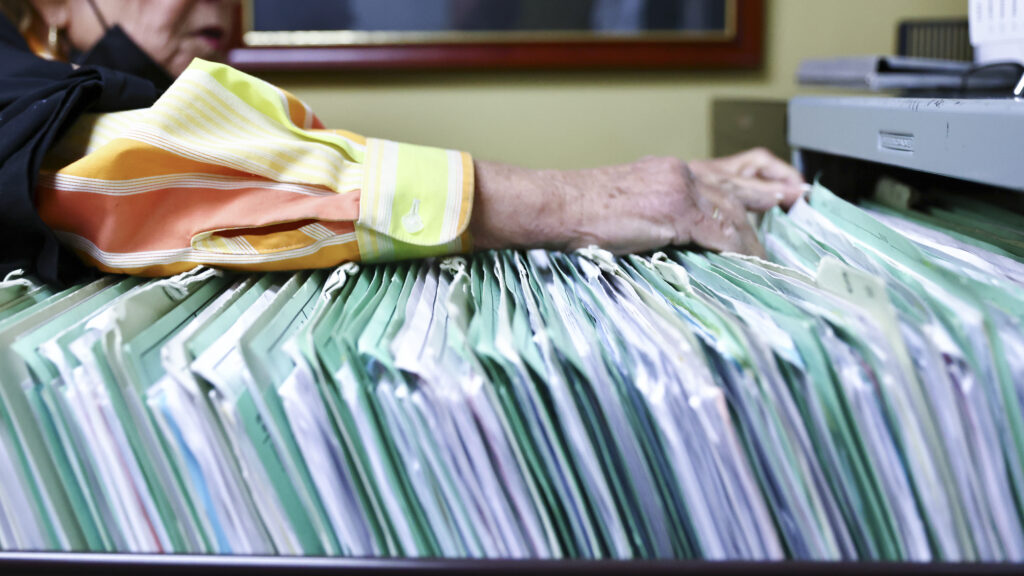
All pandemic long, scientists brawled over how the virus spreads. Droplets! No, aerosols! At the heart of the fight was a teensy error with huge consequences.
The World Health Organization’s director-general urges developed world to donate Covid vaccines to Covax programme.
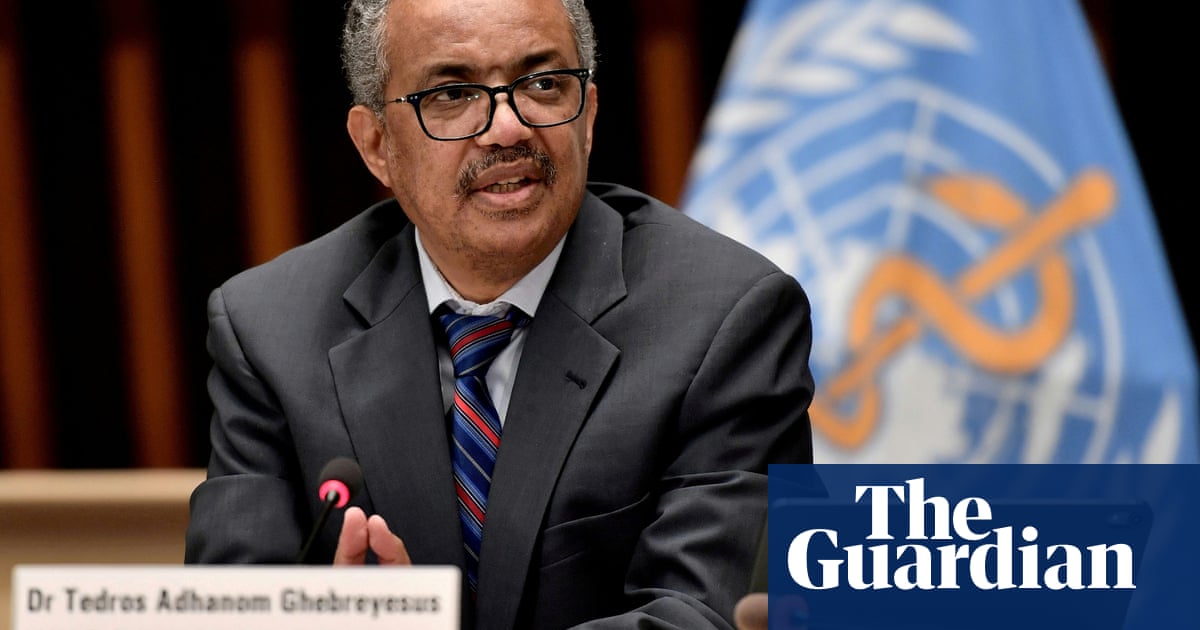
While the U.S. president is calling for suspending patents on COVID-19 vaccines, experts at UNESCO are quietly working on a more ambitious plan: a new global system for sharing scientific knowledge that would outlast the current pandemic.
